6 Overrated Seeds That Aren’t All That And 9 Nutrient-Packed Seeds You Should Actually Add Daily
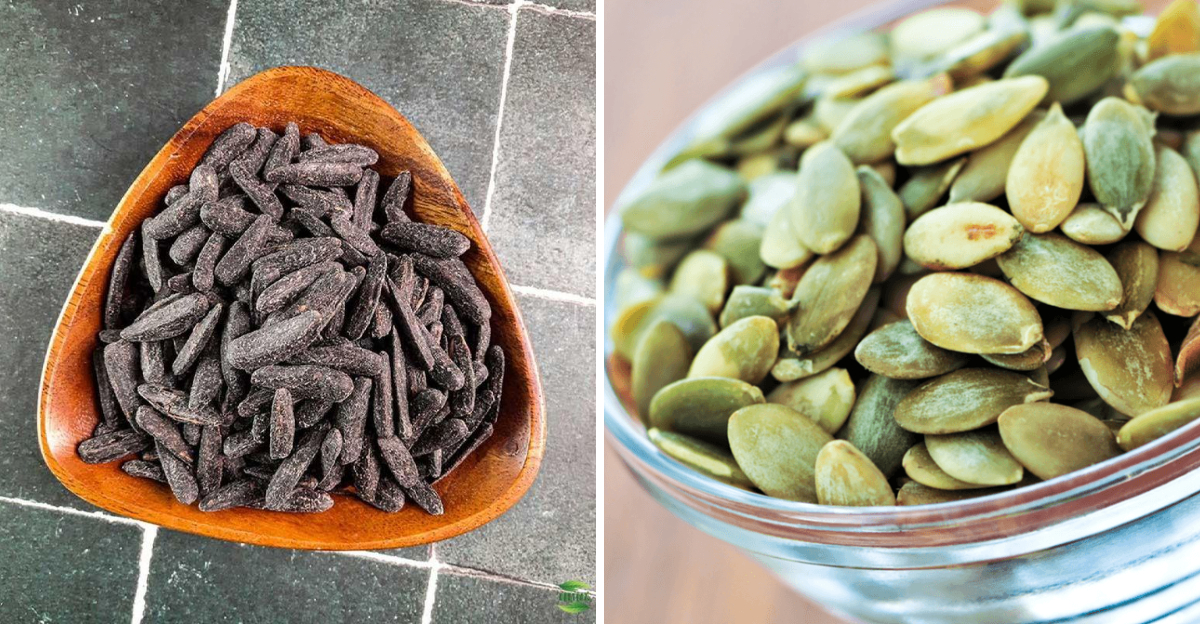
Seeds are tiny, but don’t let their size fool you—they can be nutritional powerhouses. That said, not all seeds live up to the hype. Some are marketed as “superfoods” but offer minimal benefits, especially when compared to other options that are actually loaded with fiber, healthy fats, and essential minerals. Here’s a breakdown of 6 seeds that don’t quite earn their shelf space, followed by 9 that dietitians agree are worth adding to your daily routine.
1. Flavored Sunflower Seeds
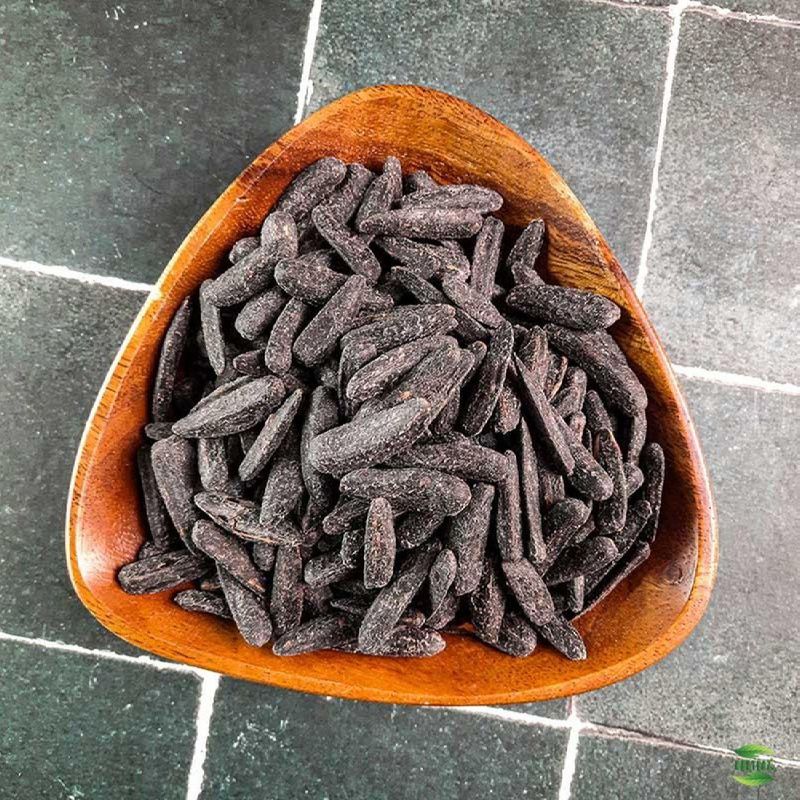
Flavored sunflower seeds might entice with their tantalizing taste, but the nutritional value is often overshadowed by the additives. Roasted in oil and heavily salted, they bear little resemblance to their raw, nutritious counterparts. While plain sunflower seeds offer a wealth of nutrients, flavored versions are akin to snacking on junk food. Consider the crunch; it’s likely that salt, sugar, and artificial flavorings linger more than the seeds’ natural goodness. A better option would be to enjoy them raw or lightly toasted, savoring the seeds’ inherent nutty flavor.
2. Packaged Watermelon Seeds
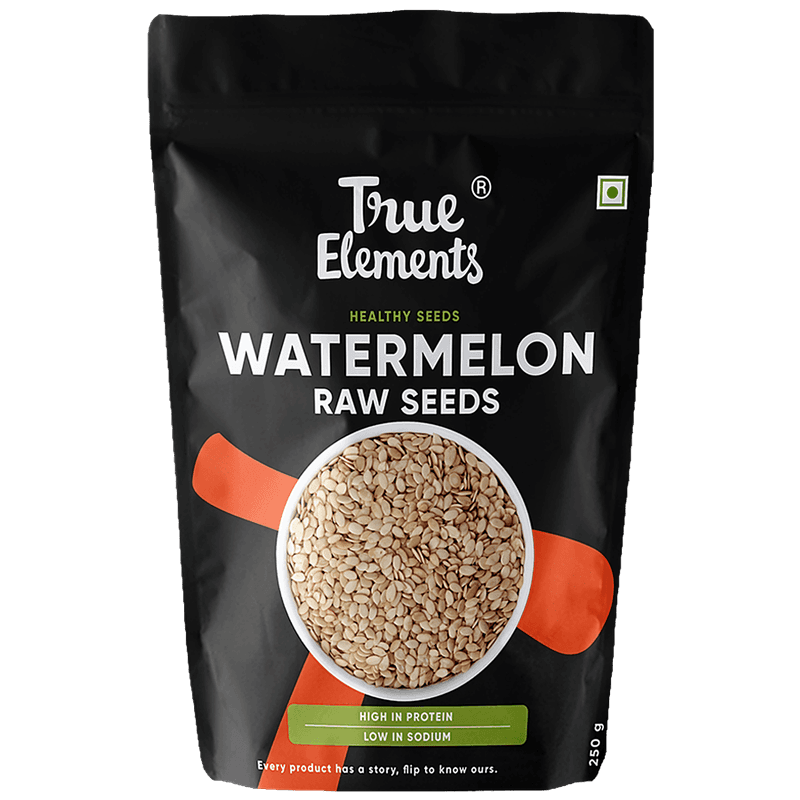
Packaged watermelon seeds have made their way into the trendy snack aisle, promising novelty but lacking substantial nutritional benefits. Roasted with oil and salt, they often deliver more sodium than nutrients. Though watermelon seeds contain some beneficial minerals, the processing strips away much of what nature provides. They’re marketed as a hip alternative, but don’t be fooled—they aren’t as nutrient-dense as their raw form. For a healthier approach, try unroasted watermelon seeds, savoring their subtle, earthy taste without the extra additives.
3. Sugar-Coated Pumpkin Seeds
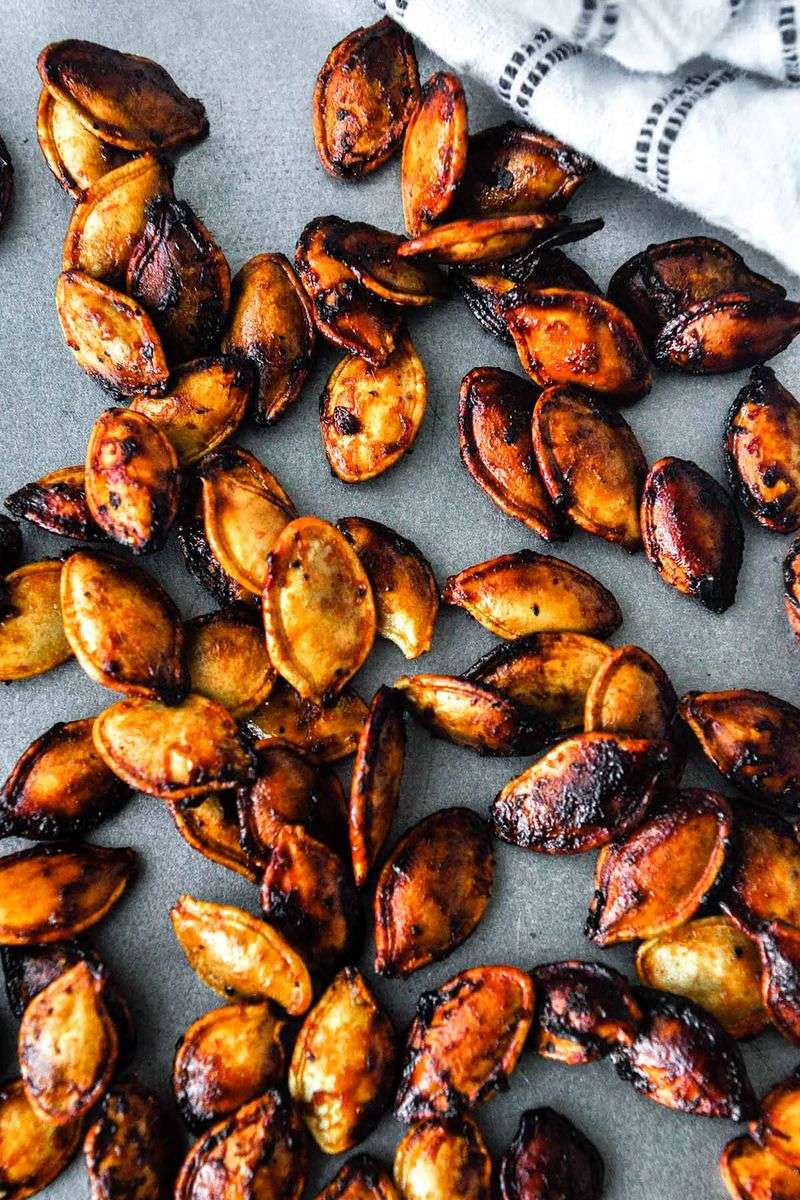
Sugar-coated pumpkin seeds may satisfy a sweet tooth, but their health benefits are compromised. Candied or sugar-roasted, these seeds transform from a nutrient-rich snack into a sugary indulgence. While raw pumpkin seeds boast magnesium and zinc, these benefits get buried under layers of sugar and fat in processed varieties. The allure of sweetness overshadows the seeds’ natural nutty flavor. To truly enjoy their benefits, opt for raw or lightly salted seeds, appreciating both nutrition and taste without the sugary distraction.
4. Hemp Seeds in Protein Bars
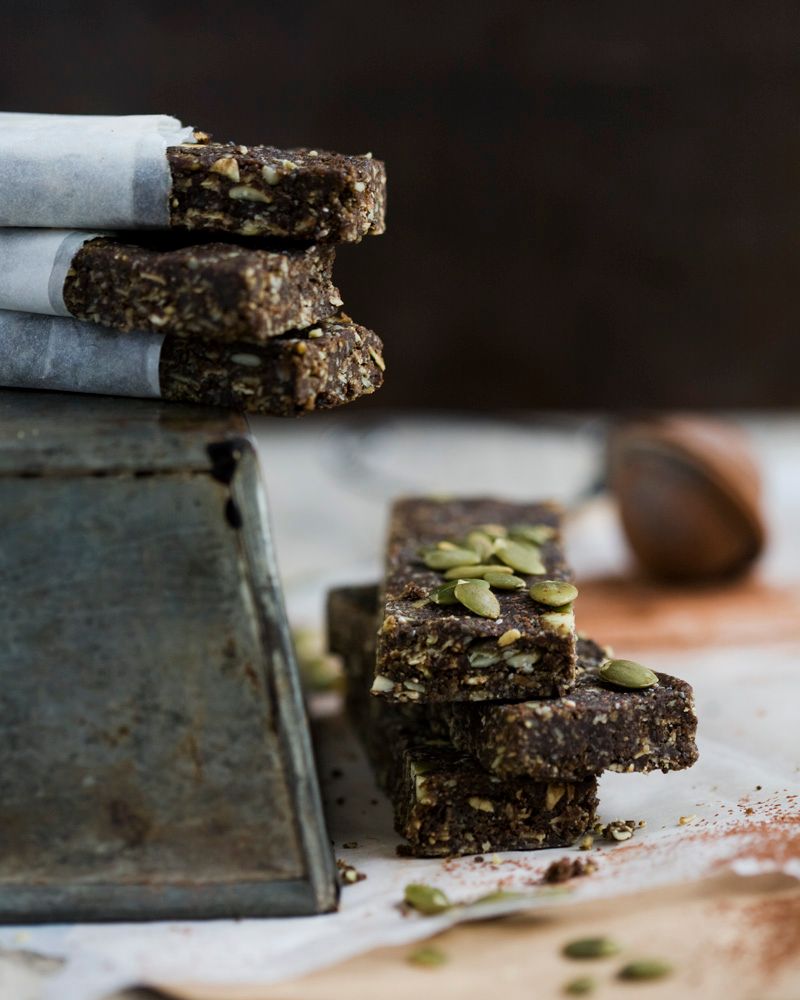
Hemp seeds in protein bars often sound healthier than they are. Tiny amounts are included in processed bars, offering negligible nutritional value. These small seeds are packed with protein and healthy fats, yet their potential is lost in mass-produced snacks. Instead of relying on bars, consider adding raw hemp seeds to your meals directly, ensuring you receive their full spectrum of nutrients. By incorporating them into smoothies or salads, you can genuinely benefit from their robust profile, rather than settling for a token sprinkle in bars.
5. Whole Flaxseeds
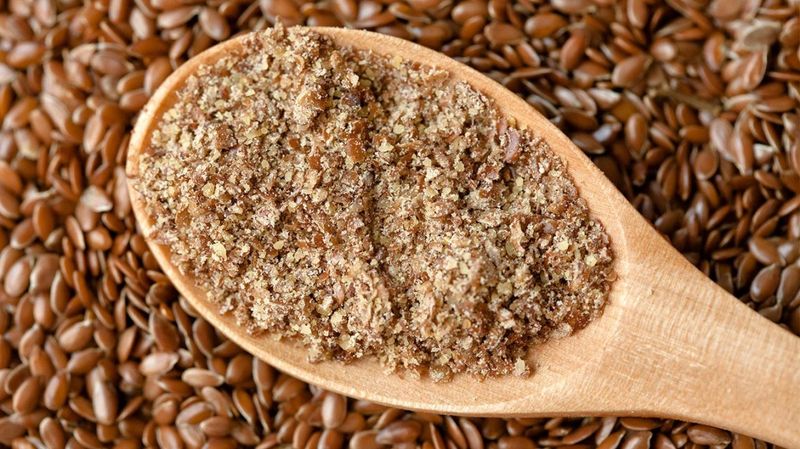
Whole flaxseeds might appear to be a wholesome addition to your diet, yet their potential goes largely untapped. These seeds mostly pass through the digestive system undigested unless they are ground. Without grinding, you miss out on flaxseeds’ omega-3 fatty acids and fiber benefits. By preparing them in advance, you unlock their nutritional potential. Try sprinkling ground flaxseeds over yogurt or blending them into smoothies. This simple step transforms an otherwise ineffective addition into a powerhouse of health benefits.
6. Poppy Seeds
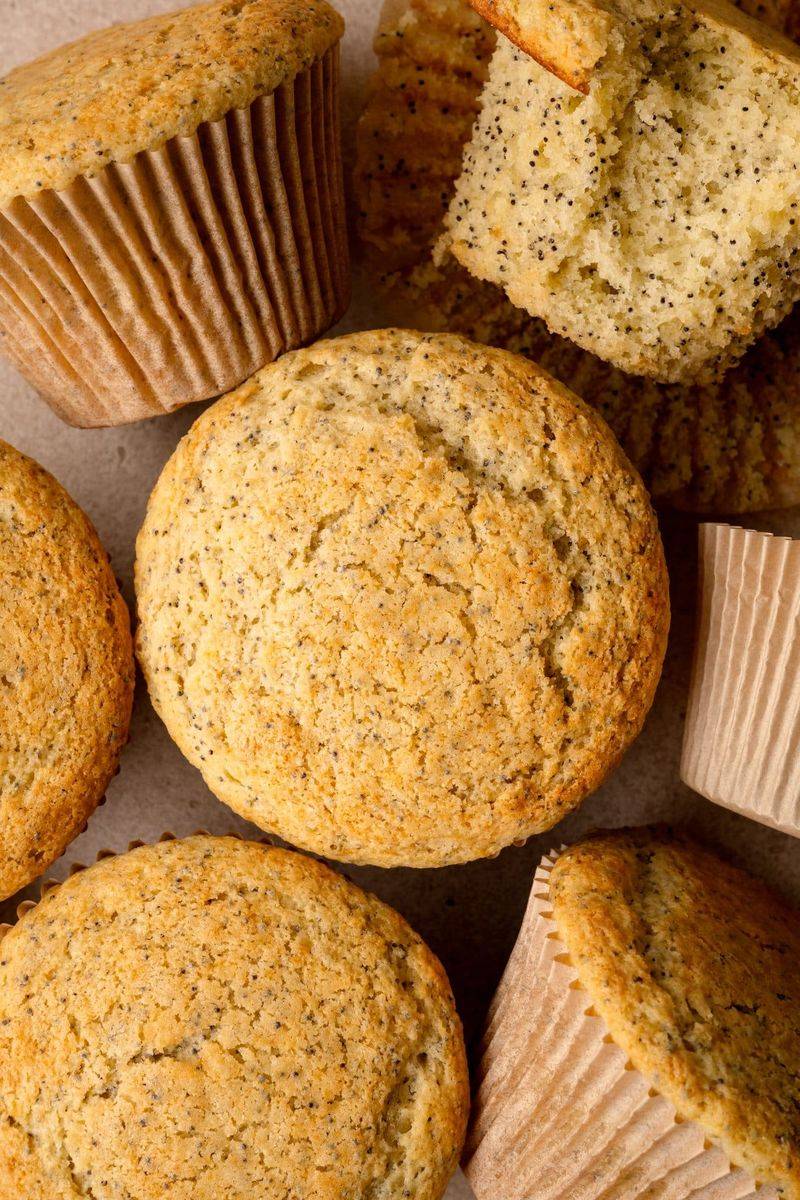
Poppy seeds may embellish baked goods with their distinctive look, but their nutritional value remains modest. To derive significant benefits, one would need to consume large quantities, which isn’t practical. They contain oxalates, compounds that can hinder calcium absorption, further minimizing their allure. While poppy seeds can add textural interest and flavor to dishes, they’re not the nutritional powerhouses some might expect. Incorporate them sparingly, perhaps as a garnish rather than a staple, to enjoy their subtle contribution without overreliance.
7. Chia Seeds
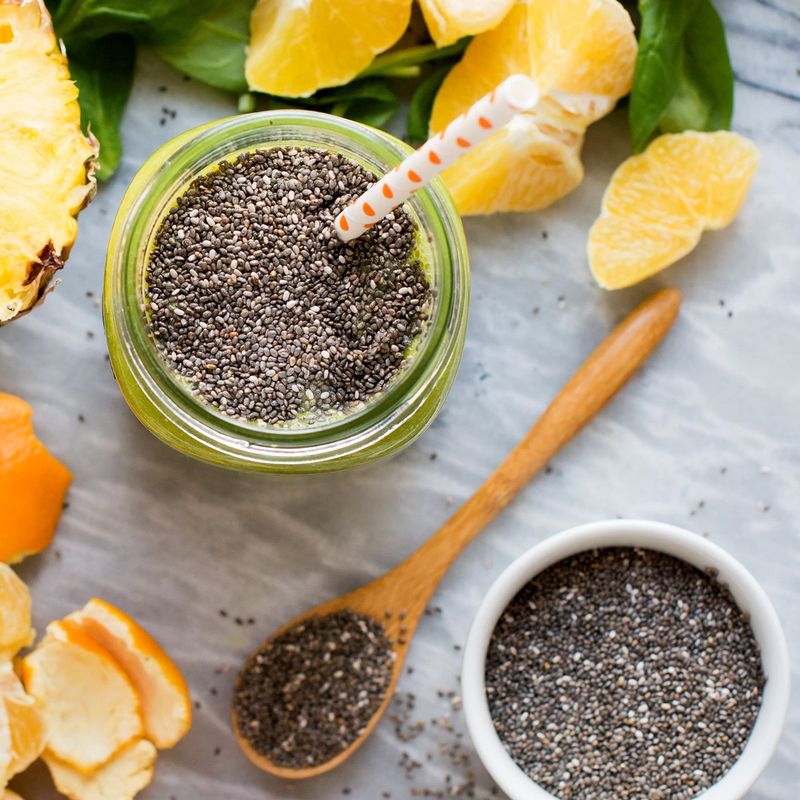
Chia seeds are a nutritional marvel, boasting high fiber, omega-3 fatty acids, and plant protein. Just 1–2 tablespoons daily can significantly benefit gut health and hydration, keeping you full and energized throughout the day. When soaked, they expand into a gel-like consistency, making them a versatile addition to smoothies or yogurts. This unique characteristic not only aids digestion but also enhances the texture of foods. Their subtle, nutty flavor complements both sweet and savory dishes, adding a boost of nutrition effortlessly.
8. Ground Flaxseeds
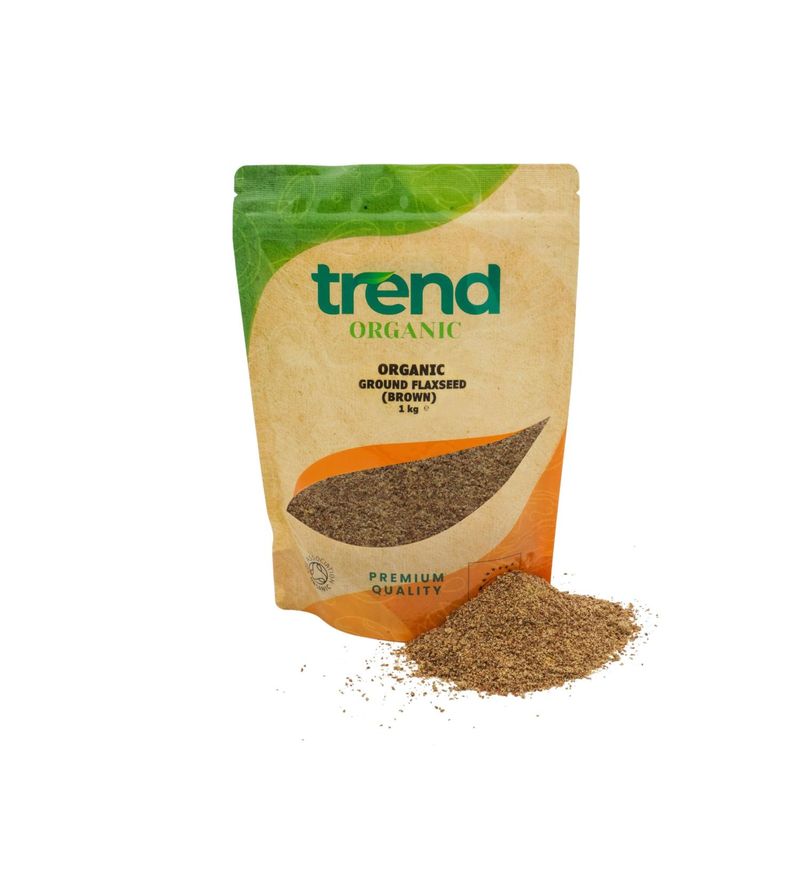
Ground flaxseeds are a small but mighty addition to any diet, offering lignans, omega-3 fatty acids, and fiber. These nutrients provide a subtle health boost when added to smoothies, oatmeal, or yogurt. The grinding process unlocks flaxseeds’ full potential, ensuring they don’t pass through undigested. With a mild, nutty flavor, they integrate seamlessly into various foods, boosting nutritional content without altering taste. Including them in daily meals can promote heart health, support digestion, and contribute to overall wellness.
9. Hemp Hearts
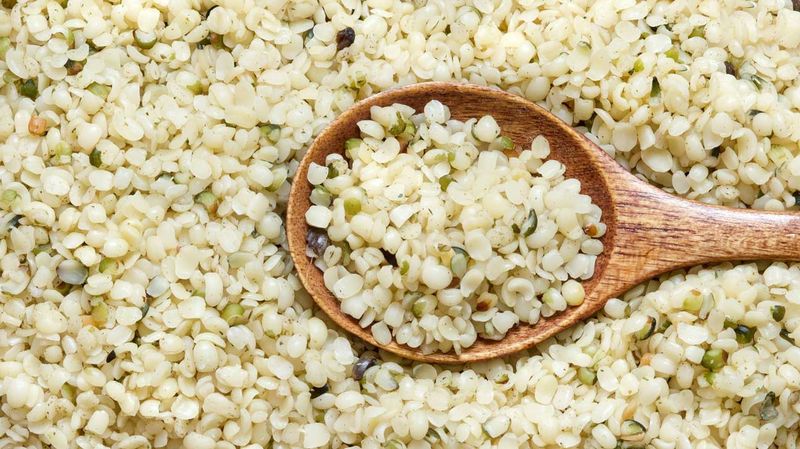
Hemp hearts, with their soft texture and nutty flavor, are a delightful addition to meals. They’re packed with protein, healthy fats, and magnesium, making them ideal for topping salads or stirring into smoothies. Their nutritional profile supports heart health, energy levels, and muscle function. These small seeds are a testament to the power of plant-based nutrition. Enjoy them raw to maximize their benefits, savoring both their flavor and health advantages. The simplicity of hemp hearts makes them an easy and enriching dietary choice.
10. Raw Pumpkin Seeds
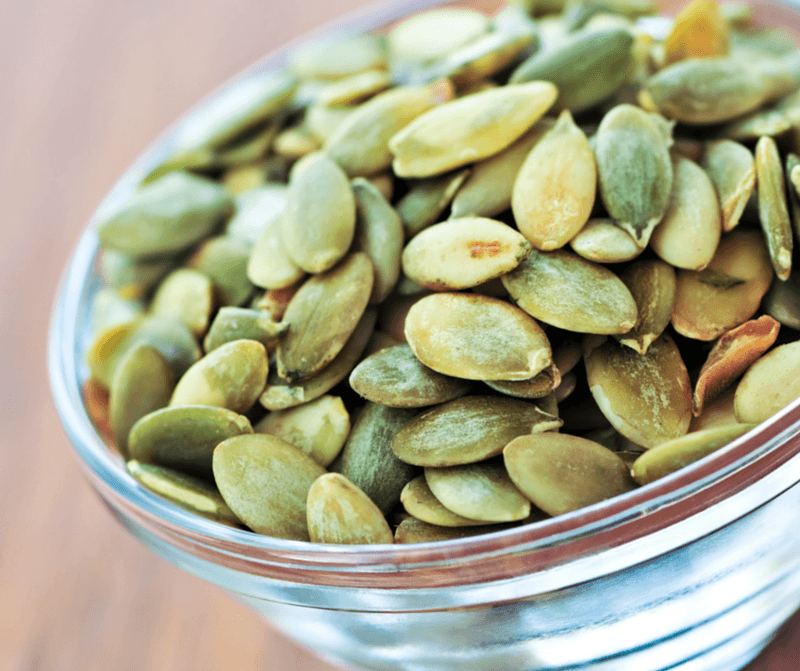
Raw pumpkin seeds, or pepitas, are a powerhouse of nutrients, rich in zinc, magnesium, and iron. Their crunchy texture and earthy flavor make them a versatile addition to various dishes. Enjoy them raw or lightly toasted to maintain their nutritional integrity. These seeds support immune function and energy levels, offering more than just a delightful crunch. By incorporating them into your diet, you embrace a natural source of essential nutrients. Raw pumpkin seeds are both a tasty and healthful choice, far removed from their processed counterparts.
11. Sesame Seeds
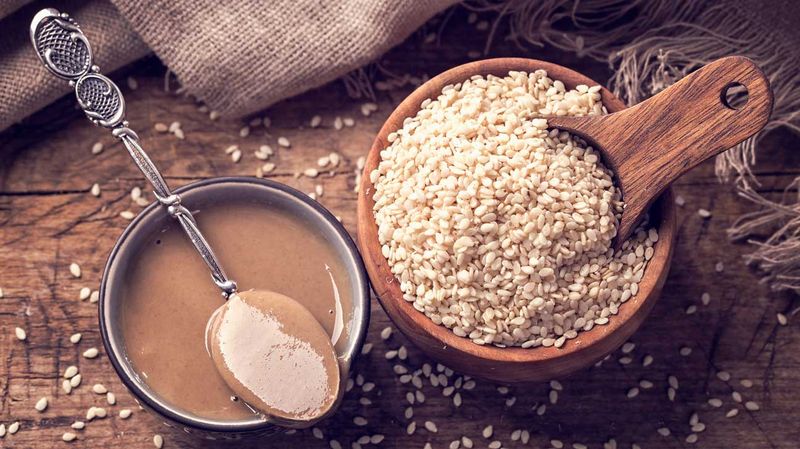
Sesame seeds are tiny but mighty, rich in copper, manganese, and calcium. Their versatility shines whether used whole or as tahini, a creamy paste. These seeds can enhance a variety of dishes, offering both flavor and nutrition. Sprinkle them over salads or stir them into dressings to enjoy their nutty taste. Their nutrient profile supports bone health and metabolic function, making them a valuable dietary addition. Sesame seeds’ adaptability allows them to fit seamlessly into diverse culinary traditions.
12. Basil Seeds
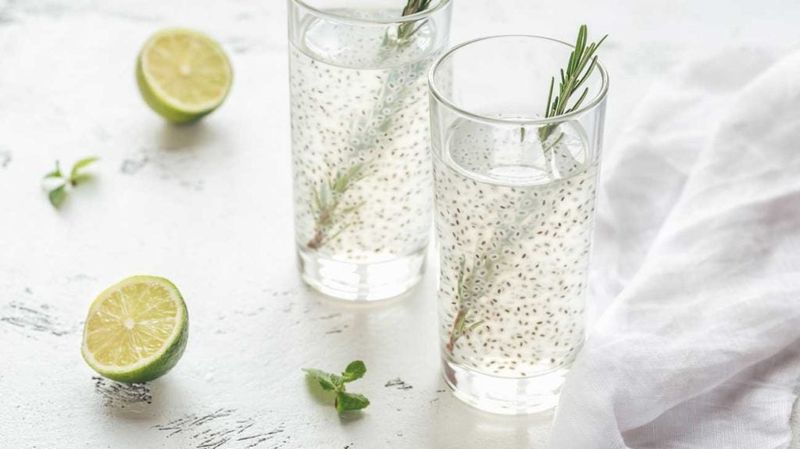
Basil seeds, often overshadowed by chia, offer similar nutritional benefits. When soaked, they expand and form a gel-like texture, providing fiber and plant compounds. These seeds are known for their cooling effect on the body, making them popular in beverages and desserts. Their subtle flavor complements a variety of dishes, adding a nutritious twist. Incorporating basil seeds into your diet can enhance hydration and digestion. Enjoy them as a refreshing addition, embracing their unique qualities and health benefits.
13. Nigella Seeds
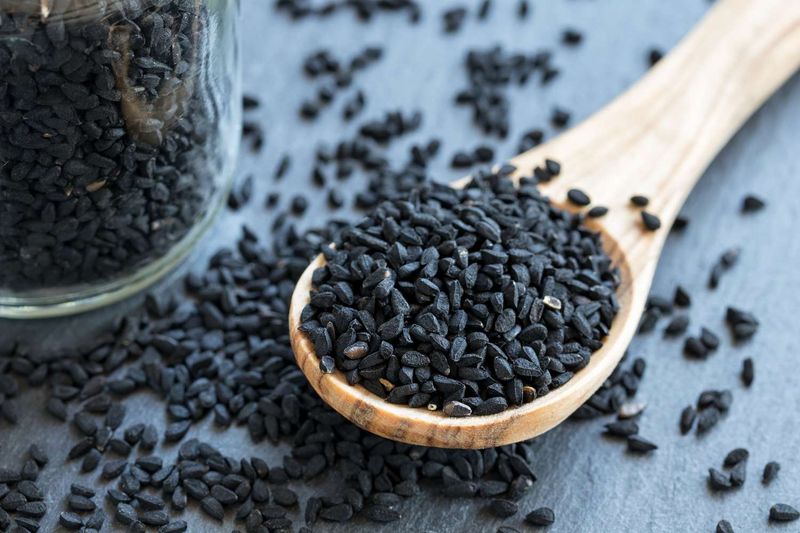
Nigella seeds, or black cumin, are celebrated for their anti-inflammatory and antimicrobial properties. These tiny seeds pack a punch, imparting a peppery, slightly bitter flavor to dishes. Common in Middle Eastern and Indian cuisine, they’re both a culinary delight and a health booster. Their use extends beyond flavor to traditional medicinal practices. Incorporating nigella seeds into your cooking can enhance both taste and wellness, offering a glimpse into the rich tapestry of global spice traditions.
14. Quinoa
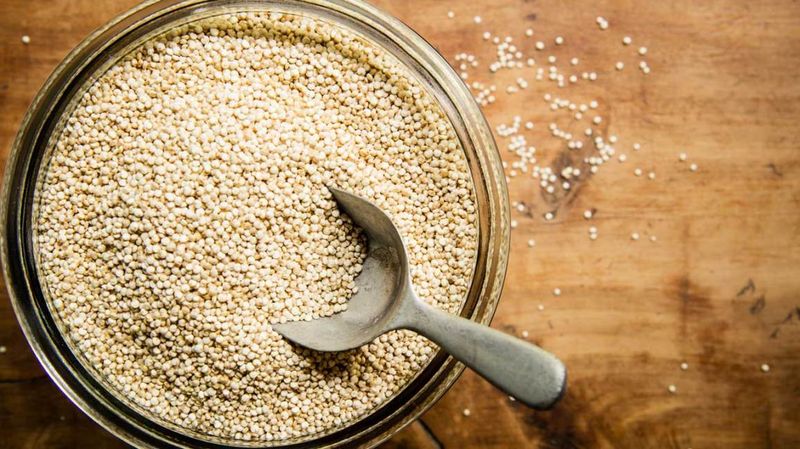
Quinoa, technically a seed, is famed for its status as a complete protein with all nine essential amino acids. Its fluffy texture and mild flavor make it a versatile base for bowls and salads. Beyond protein, quinoa is rich in fiber and essential minerals, supporting overall wellness. Its adaptability in various cuisines highlights its global appeal. Incorporating quinoa into meals not only diversifies your diet but also ensures a balanced intake of nutrients, aligning with health-conscious eating practices.
15. Amaranth
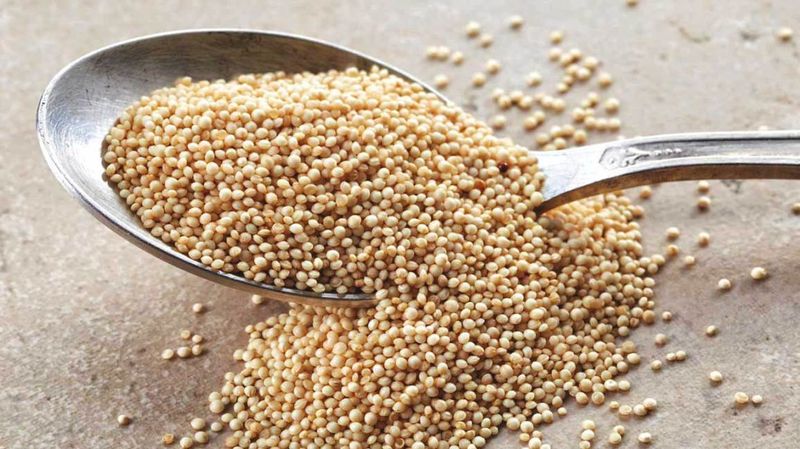
Amaranth is a pseudocereal seed that offers rich protein, iron, and magnesium content. Often overlooked, it provides energy and stabilizes blood sugar levels. Its slightly nutty flavor and hearty texture make it suitable for porridge or as a grain alternative in dishes. The nutritional benefits of amaranth extend to supporting bone health and immune function. Incorporating it into your diet can diversify your food options while enhancing nutrient intake. Enjoy amaranth for its unique taste and impressive health advantages.
